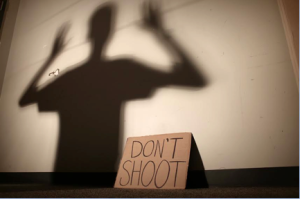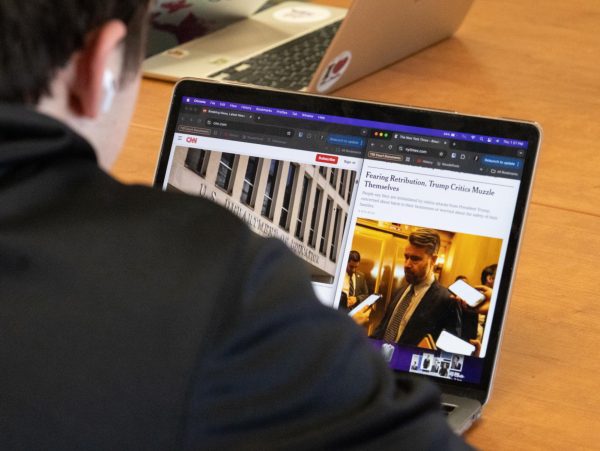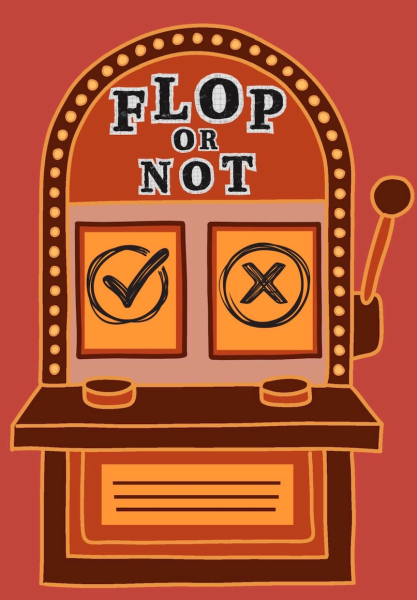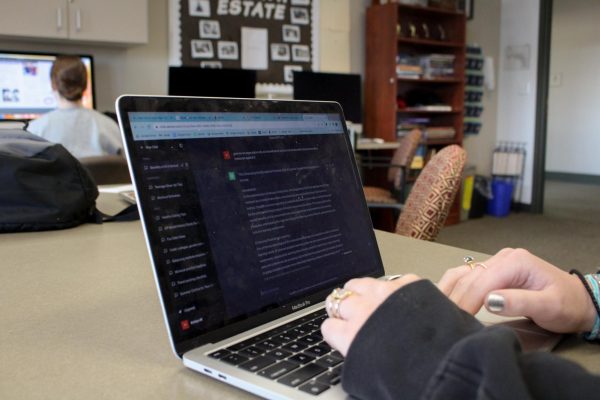We should not fear those who are meant to protect
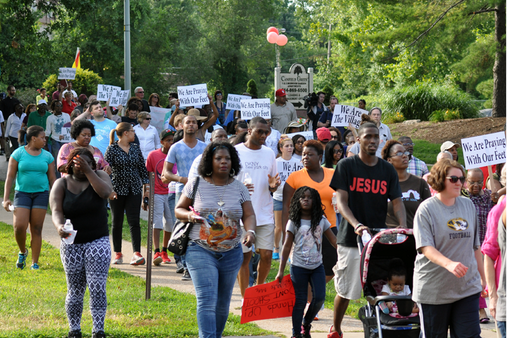
Photo: Wikipedia
Citizens of Ferguson peacefully protest the cause of death for black teenager, Mike Brown. Protests continued intermittently between the time of the shooting and Wilson’s verdict.
On Monday, Nov. 24, St. Louis prosecuting attorney Robert McCulloch announced that Darren Wilson would not be indicted and was free from any charges that could be filed against him in the shooting death of Mike Brown, a young black man from Ferguson, Missouri. I remember standing in the kitchen watching my mother shake her head in disbelief. I was disappointed, but in a country where black lives too often seem undervalued, I was not surprised.
Since Brown’s death, a series of unfortunate events have followed its wake. The most recent being the shooting deaths of two NYPD officers, Wenjian Liu and Rafael Ramos, at the hands of black man, Ismaaiyl Brinsley. Unfortunately some will attribute this horrific act to the Black Lives Matter movement. It is important to know that this is not what the protesters stand for, that this was man who took it upon himself to take the lives of two innocent men. Since then, many have come out to protest in response to their deaths.
It is astonishing to think that all this chaos stemmed from a young man’s death and the violent aftermath that followed it.
America seems to be in a state of retrogression in that minorities are once again fighting for their rights. When I see the number of riots and protests that have taken place recently, I cannot help but wonder, how much progress have we truly made if present-day Ferguson, Missouri looks like Birmingham in the 1950s?
We can all agree that the killing of the two officers was a horrific act. We can all agree that rioting and destroying homes and businesses is not a good thing. We can all agree that Mike Brown was not completely innocent, but I think we can also all agree that racism is very much alive in America. It is understandable that there are people who are upset about the verdict and what has arisen because of it. These protests are the desperate cries of the black community who have yet to feel the satisfaction of justice.
This is not just frustration over Mike Brown; this is frustration that stems from the years of injustice that thousands of black men have been battling against. If the police and the government won’t protect them, who will?
This issue was seen again on November 22, when Tamir Rice, a 12-year-old African-American from Cleveland was shot. Prior to the shooting, someone called the police reporting that a juvenile was playing with a gun at the park. The police arrived at the scene and, according to the footage released from the shooting, they were quick to pull the trigger. It was only later that they realized the gun that Rice had was only a toy. Other similar cases, such as the deaths of Trayvon Martin and Eric Garner, are true testaments to the injustices black people face frequently. In each of these cases, the defendants were not indicted for their crimes.
These outcomes, like that of Mike Brown’s, have forced black men to be ridiculously cautious during encounters with law enforcement. Until there is an adjustment made to the law enforcement protocol, the safety of African Americans will never be insured.
Recently during a family dinner, I was listening to my uncle talk to my cousin about what he is to do should he have an encounter with a police officer. He carefully explained to him that he should be very respectful with the officer and try not to make any sudden movements. My uncle then went on to tell him that, should he ever find himself in this situation, to call him as the officer approaches the car.
This should not have to be something parents have to teach their children. No one should have to worry about their brothers or cousins being the next victim whose death is justified because their skin color made others deem them a threat. Black men and women should not fear those who are meant to protect them.
Situations like that of Michael Brown’s have caused the African-American community to question the current legal system and law enforcement. What are we going to do to make a change? Who will be willing to walk in another’s shoes? Who will be willing to see and accept someone else’s perspective?


